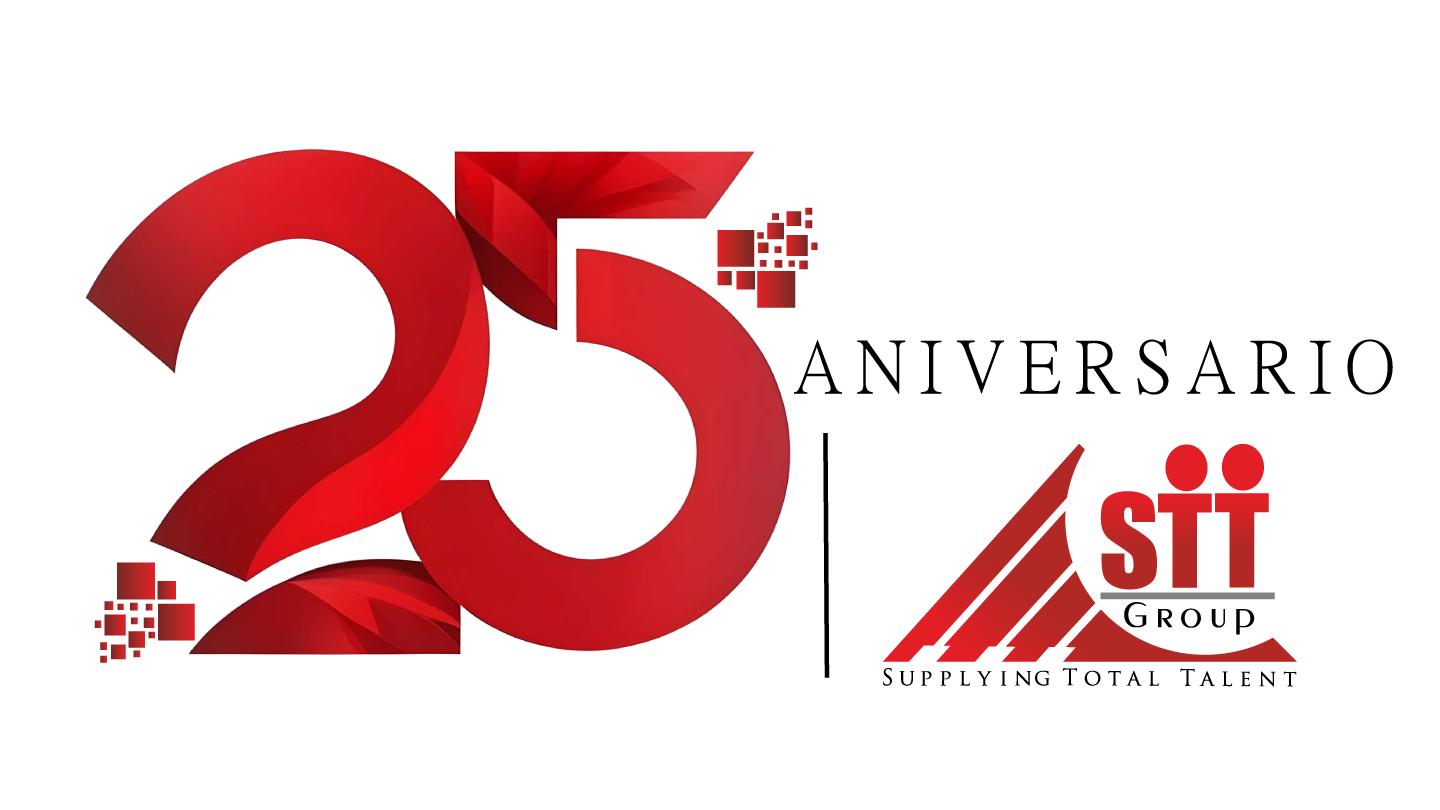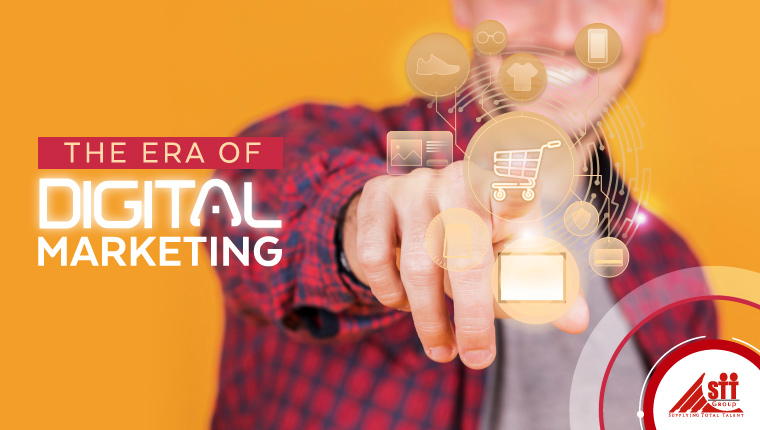Digital marketing is a branch that began to gain strength in the nineties with the growth of internet use. Since the origin of web 1.0, content published for consumers and/or users on the web could be evidenced but only from a one-person sense, that is the communication without the possibility of reply.
In the time of 2000, and later in 2010, web 2.0 grew stronger, even more with the growth of mobile devices in the world, consumers and/or users started to have an interaction, a reply and a greater opinion concerning the content displayed.
In recent years, the web became 3.0, that is, not just the consumers and/or users interact with the content, but there is an automation of digital marketing processes to offer more focused responses to each consumer or users, taking into account aspects as interests, daily life, among others.
Benefits of digital marketing
- Immediacy and interaction: due to the number of people that have mobile devices and internet, the implementation of digital marketing is immediate; which created content with a greater exposure and instant responses.
- Cost reduction: advertising in digital platforms is less expensive than in traditional media as television, magazines and written press.
- More accurate audience or market segmentation: segmentation through digital marketing is more precise due to the use of algorithms that determine preferences, interests, ages and consumer behavior; so the content is addressed to a public related to give a response or interaction.
- Scope: if a comparison is made between traditional marketing vs digital marketing related to costs and scope, digital marketing represents a greater exposure at lower cost, also it allows people to receive information immediately.
This benefit comes with exposure of people to mobile devices and internet.
- More in-depth consumer insight: as a result of different segmentations and responses, the knowledge that can be obtained from consumers or clients is greater, because the same responses and actions given to the content serve to create future goals.
- Performance measurement: is more immediate than with traditional marketing. With digital marketing, responses can be measured even in seconds, once the content is published or sent.
- Flexibility: as a result of a so fast performance measurement, digital marketing allows adjusting or adopting strategies in less time and even in real time; in comparison with traditional marketing where changes can be done in days or weeks.
Tools of digital marketing
The digital marketing strategies are very specific for each company and its needs. The same can be adapted to digital marketing tools as:
- SEO: Search Engine Optimization is understood as a search engine tool, where a company that has a web site should ensure so its headings, information, key words, among others gives it the opportunity to appear in the first results of search in an organic way (this means without advertising); achieving it is more complicated that with the SEM strategy.
- SEM: is understood as Search Engine Marketing; with this tool, companies can advertise (with money) in search engines as Google or through images or banners, so when people enter search keywords, the company´s web site or web sites appear in the first results.
- E-mail marketing: if the companies have email data bases they can send e-mails with more precise and important information.
Opening, interaction or no action on the part of the recipients can be checked.
- CRM: Customer Relationship Management, allows the companies to create, sort and keep more precise information for its current clients.
By getting to know the clients better, the content to be redirected is more exact and immediate.
- Social networks: social networks as Facebook, Instagram, LinkedIn, and Twitter are digital marketing channels, both organically as well as an established guideline. The same allow creating segmentations for our own content, based on the user´s interests and behaviors.
- Landing pages: consists in connecting links to the content through previously mentioned tools, so that segmentations with advertising or organic can link people to specific web pages.
Digital marketing and COVID-19
Digital marketing as a result of COVID-19 pandemic in the world, accelerated this transition from traditional marketing to the digital context; many companies have diminished on-site, face-to-face, direct physical interaction sales and have had to adapt to digital channels to recover and/or not lose its income.
The scope of the content has also been present in brands and/or companies that had digital presence or started from scratch to adaptation.
Digital marketing and Grupo STT
Grupo STT, since the last two years has reinforced its presence in social networks and digital channels with the creation of specific strategies for its departments; leads or possible clients have been obtained to offer information, content and plans related to their needs.
On the other hand, new market penetrations have been carried out that with a traditional market could not have been made known and much less connect. Also, brand positioning and recognition through our community and all its actors or stakeholders has been reinforced.
Grupo STT can help your company
With 21 years of experience and presence in America, Europe and Asia, Grupo STT can provide an E-business service to build digital marketing goals with more-in-depth knowledge of the country, countries or regions addressed to and using tools and related already globalized, as the ones previously mentioned, adapting them to your needs.
Specific segmentations for your markets or services, planning, strategies, and digital channel management; creation of leads and possible clients to turn them into sales, as well as an effective performance measurement are part of the aspects we can provide you with.
Hugo Carmona Espinoza
Regional Community Manager



